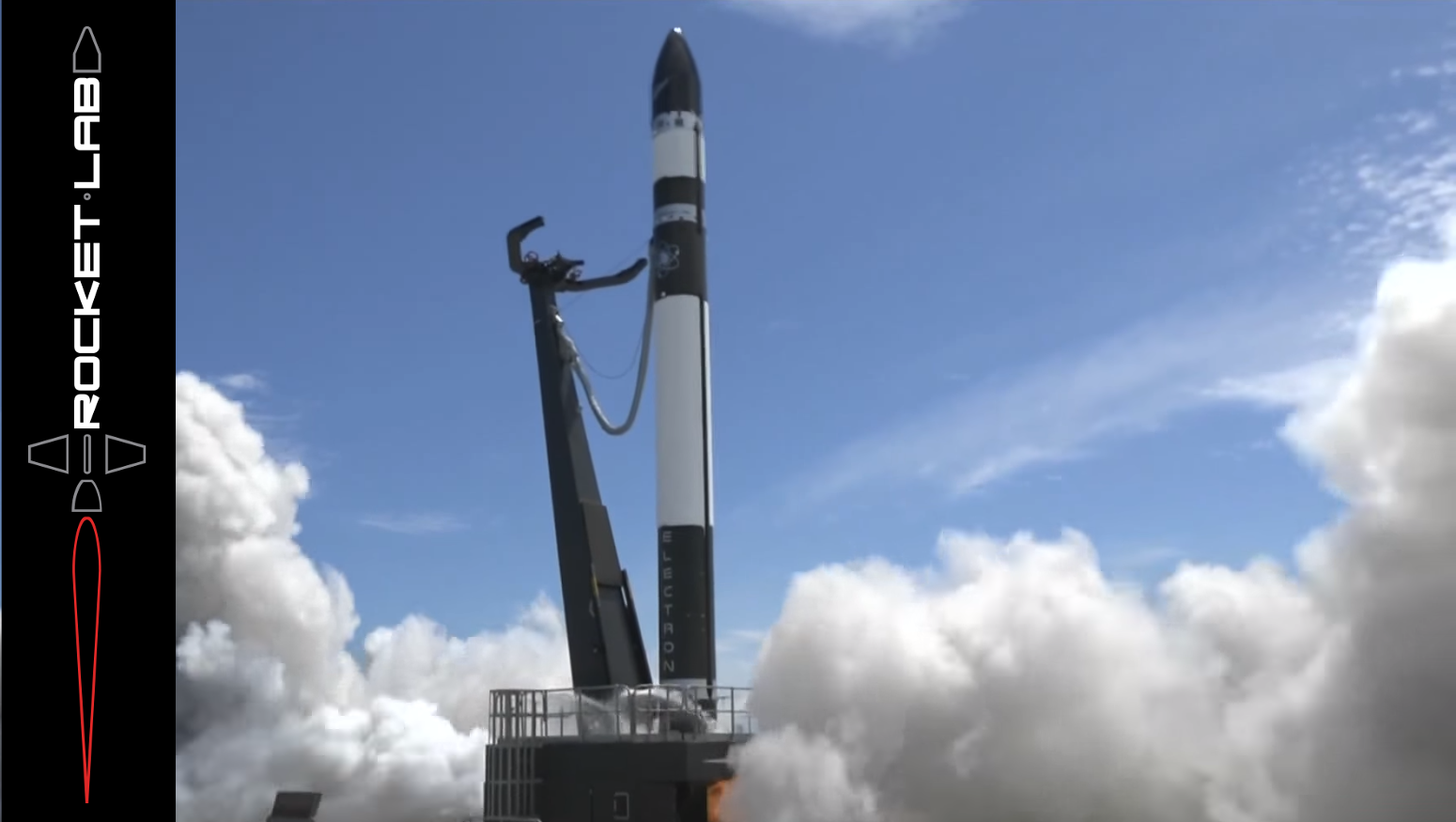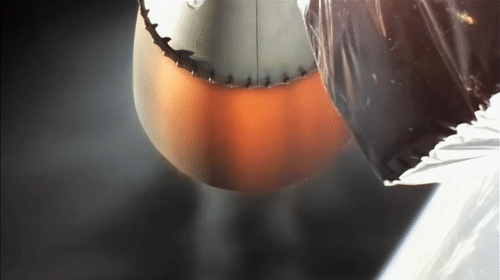Rocket Lab joins the orbital club

On January 21st, the small startup rocket company, Rocket Lab joined an elite club that managed to put a rocket in low Earth orbit (LEO). They achieved this in only their second try, dubbed Still Testing. Their first attempt was back in May of last year, when the rocket performed nominally, but due to a third-party tracking and communications error, it failed to achieve orbit. This launch was originally scheduled for December of last year, but due to weather they had to scrub the launch multiple times; I tried to cover it back then, too, if you wish, you can read my original post, here.
Their maiden orbital flight occurred from Mahia, New Zealand, where the company constructed a small launchpad. The location offers them great versatility, as they can launch both in a polar orbit towards the south pole, or they can launch east for an inclined or equatorial orbit. In either case, they launch over the ocean, thus not endangering humans.


For the second stage, they use a single vacuum optimized variant of the Rutherford engine with a larger bell. This provides the second stage with a thrust of 22kN and an ISP of 333 seconds. This great efficiency is achieved by using an electric turbo-pump, instead of a propellant-driven one. This minimizes fuel loss, but the vehicle needs to carry batteries to power these pumps. They are not light and drain quickly, so this becomes a balancing act, between a longer burn and heavy batteries for their rocket, and shorter burns, but no batteries need for regular rockets.

Rocket Lab have found a compromise, however, by carrying two sets of batteries; the first one is dumped into the atmosphere to burn up, before achieving orbit, as soon as they are depleted, while the second one is engaged to power the pump for the rest of the flight. This event was dubbed a hot swap, and can be viewed in the .gif to the right, and ensures a greater efficiency throughout.
All this being said, the small company is the first to achieve orbit of a light launcher, even while competing with Vector Space Systems and behemoths, such as Virgin Orbit. These small vehicles are designed to service cubesats, which generally hitch a ride on larger rockets as secondary payloads for larger spacecraft. This causes the operating companies to compromise on their final destination orbit. But here is a small startup to offer these clients a dedicated solution to this issue, charging only $4.9 million for a launch. In this case, it launched a Dove satellite, part of a constellation by company Planet, which aims to map the whole Earth every day, and two more Lemur-2 cubesats, by company Spire Global, also part of a constellation that monitors weather and ship traffic.
With this successful launch, I congratulate Rocket Lab for achieving such a great milestone on a budged of just around $100 million, and wish them luck with their partnership with Moon Express, a small startup which aims to put three micro-landers on the moon. This would make the Electron rocket the smallest vehicle to do such a feat.
Hey @sebi99p I am a curator from the Whaleshares Curation Team. I have selected your post to be presented in a live curation discussion on Monday 22th January. Your post will be awarded with a 100 Whaleshares vote on the night. I do hope you can come along and spectate. The event will be held in The Curation Lounge on the Whaleshares server. Here's a link which explains things: https://steemit.com/steemit/@nikflossus/the-whaleshares-curation-show-monday-night-featuring-gabchik
Sure thing. At what time?
EDIT: Nevermind, I looked at the post. Hopefully I'll join in, if I don't fall asleep. You start at 2AM, my time.
WOW!
Hi, I found some acronyms/abbreviations in this post. This is how they expand:
Followed